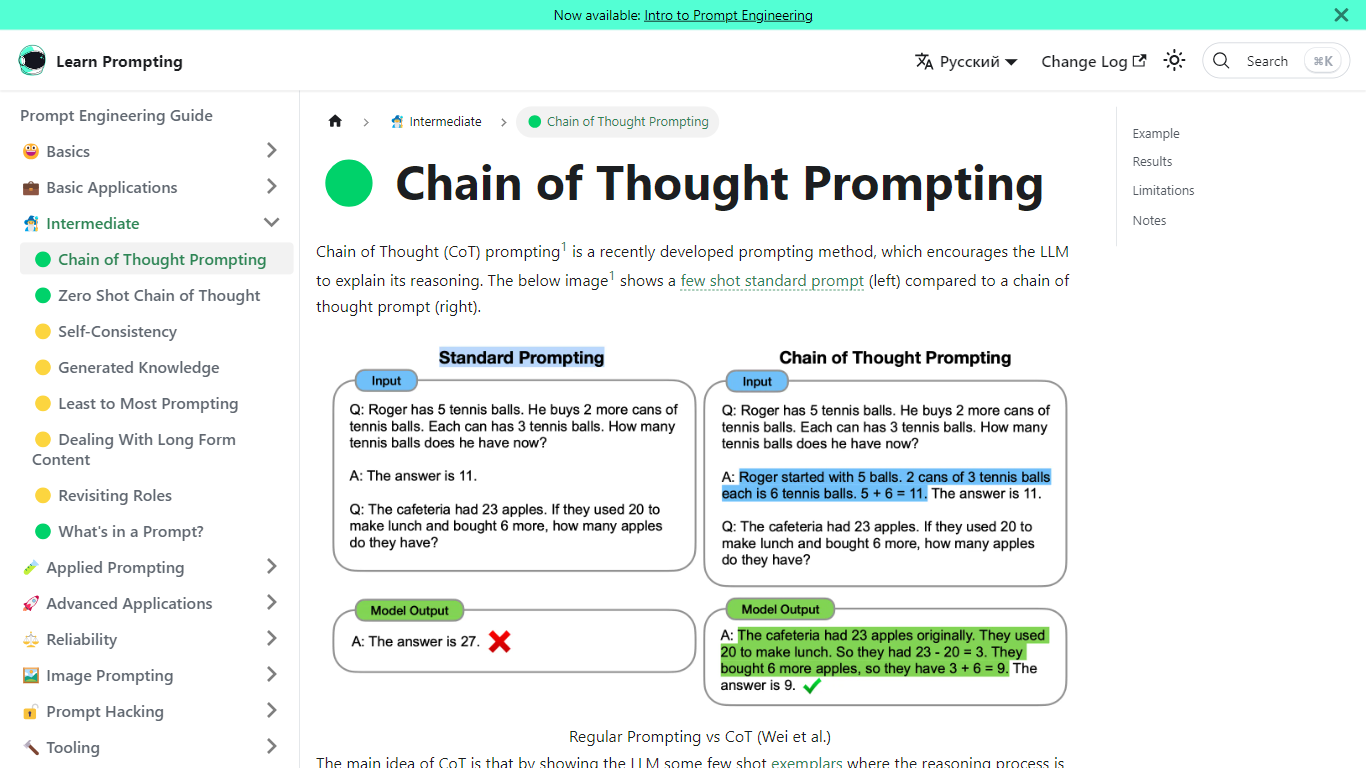Chain of Thought Prompting vs ggml.ai
Dive into the comparison of Chain of Thought Prompting vs ggml.ai and discover which AI Large Language Model (LLM) tool stands out. We examine alternatives, upvotes, features, reviews, pricing, and beyond.
When comparing Chain of Thought Prompting and ggml.ai, which one rises above the other?
When we compare Chain of Thought Prompting and ggml.ai, two exceptional large language model (llm) tools powered by artificial intelligence, and place them side by side, several key similarities and differences come to light. The upvote count is neck and neck for both Chain of Thought Prompting and ggml.ai. Your vote matters! Help us decide the winner among aitools.fyi users by casting your vote.
Want to flip the script? Upvote your favorite tool and change the game!
Chain of Thought Prompting

What is Chain of Thought Prompting?
Chain of Thought Prompting is an innovative approach to enhance interaction with Large Language Models (LLMs), enabling them to provide detailed explanations of their reasoning processes. This method, highlighted in the work by Wei et al., shows considerable promise in improving the accuracy of AI responses in various tasks such as arithmetic, commonsense understanding, and symbolic reasoning. Through examples and comparative analysis, readers can understand the advantages of this approach, especially when applied to larger models with around 100 billion parameters or more. However, it's noted that smaller models do not benefit as much and may produce less logical outputs. The content offers insights into the technique's intricacies and its limitations, making it a valuable resource for anyone looking to delve into the world of AI and Prompt Engineering.
ggml.ai

What is ggml.ai?
ggml.ai is at the forefront of AI technology, bringing powerful machine learning capabilities directly to the edge with its innovative tensor library. Built for large model support and high performance on common hardware platforms, ggml.ai enables developers to implement advanced AI algorithms without the need for specialized equipment. The platform, written in the efficient C programming language, offers 16-bit float and integer quantization support, along with automatic differentiation and various built-in optimization algorithms like ADAM and L-BFGS. It boasts optimized performance for Apple Silicon and leverages AVX/AVX2 intrinsics on x86 architectures. Web-based applications can also exploit its capabilities via WebAssembly and WASM SIMD support. With its zero runtime memory allocations and absence of third-party dependencies, ggml.ai presents a minimal and efficient solution for on-device inference.
Projects like whisper.cpp and llama.cpp demonstrate the high-performance inference capabilities of ggml.ai, with whisper.cpp providing speech-to-text solutions and llama.cpp focusing on efficient inference of Meta's LLaMA large language model. Moreover, the company welcomes contributions to its codebase and supports an open-core development model through the MIT license. As ggml.ai continues to expand, it seeks talented full-time developers with a shared vision for on-device inference to join their team.
Designed to push the envelope of AI at the edge, ggml.ai is a testament to the spirit of play and innovation in the AI community.
Chain of Thought Prompting Upvotes
ggml.ai Upvotes
Chain of Thought Prompting Top Features
Improved Accuracy: Chain of Thought Prompting leads to more accurate results in AI tasks.
Explanation of Reasoning: Encourages LLMs to detail their thought process.
Effective for Large Models: Best performance gains with models of approx. 100B parameters.
Comparative Analysis: Benchmarked results, including GSM8K benchmark performance.
Practical Examples: Demonstrations of CoT prompting with GPT-3.
ggml.ai Top Features
Written in C: Ensures high performance and compatibility across a range of platforms.
Optimization for Apple Silicon: Delivers efficient processing and lower latency on Apple devices.
Support for WebAssembly and WASM SIMD: Facilitates web applications to utilize machine learning capabilities.
No Third-Party Dependencies: Makes for an uncluttered codebase and convenient deployment.
Guided Language Output Support: Enhances human-computer interaction with more intuitive AI-generated responses.
Chain of Thought Prompting Category
- Large Language Model (LLM)
ggml.ai Category
- Large Language Model (LLM)
Chain of Thought Prompting Pricing Type
- Freemium
ggml.ai Pricing Type
- Freemium
